
7 minutes read
PHP 8.4: new features and release date
Table of contents
- → Introduction
- → When will PHP 8.4 be released?
- → Install and test PHP 8.4 on macOS
-
→
What’s new in PHP 8.4
- → new MyClass()->method() without parentheses
- → New array helper functions (array_find, array_find_key, array_any, array_all)
- → The DOM extension now supports HTML5
- → Increased bcrypt cost by default (meaning more secure hashing)
- → Large XML documents are parsed more reliably
- → New multibyte trimming functions
Introduction
PHP is an open-source project. Knowing what’s going on for PHP 8.4 only takes a minute of research. For instance, this page lists all the accepted RFCs for different versions of PHP, including PHP 8.4.
When will PHP 8.4 be released?
PHP 8.4 will be released on November 21, 2024, according to the preparation tasks list. It will be tested through three alpha releases, three betas, and six release candidates.
| Date | Release of PHP 8.4 |
|---|---|
| June 6, 2024 | Alpha 1 |
| June 20, 2024 | Alpha 2 |
| July 4, 2024 | Alpha 3 |
| July 16, 2024 | Feature freeze |
| July 18, 2024 | Beta 1 |
| August 1, 2024 | Beta 2 |
| August 15, 2024 | Beta 3 |
| August 29, 2024 | RC 1 |
| September 12, 2024 | RC 2 |
| September 26, 2024 | RC 3 |
| October 10, 2024 | RC 4 |
| October 24, 2024 | RC 5 |
| November 7, 2024 | RC 6 |
| November 21, 2024 | GA |
Install and test PHP 8.4 on macOS
- Install the Homebrew package manager if it’s not done already.
- Run
brew updateto make sure Homebrew and the formulae are up to date. - Add a new tap (basically a GitHub repository) for PHP 8.4’s formula:
brew tap shivammathur/php. - Install the pre-compiled binary for PHP 8.4 (also called “a bottle” in Homebrew’s context). This will make the install so much faster.
brew install php@8.4. - Link it to make sure that the
phpalias targets the right binary:brew link --overwrite --force php@8.4.
If you want to learn more about how to install PHP on your Mac, I wrote something for you: PHP for Mac: get started fast using Laravel Valet
What’s new in PHP 8.4
new MyClass()->method() without parentheses
This very welcome RFC introduces a new way to instantiate classes without needing to use parentheses when no arguments are passed to the constructor!
Essentially, it aims to simplify the syntax and make the code more concise and readable. Instead of writing (new MyClass())->myMethod(), you can now simply write new MyClass()->myMethod().
Here’s a quick example to illustrate the change:
// Before the RFC $dog = (new Dog())->bark(); // After the RFC $dog = new Dog()->bark();
This tweak doesn’t change any functionality; it just makes the code a bit cleaner and easier to write.
Learn more: PHP RFC: new MyClass()->method() without parentheses
New array helper functions (array_find, array_find_key, array_any, array_all)
PHP 8.4 is bringing some handy new array functions to make working with arrays even more convenient. Let’s take a look at what these new functions are all about with some code examples.
1. array_find
This function helps you find the first element in an array that matches a specific condition. It’s similar to array_filter, but instead of filtering out all matching elements, it stops at the first one.
Example:
$array = ['a' => 'dog', 'b' => 'cat', 'c' => 'cow', 'd' => 'duck', 'e' => 'goose', 'f' => 'elephant']; // Find the first animal with a name longer than 4 characters. $result = array_find($array, function ($value) { return strlen($value) > 4; }); var_dump($result); // string(5) "goose"
If no matching element is found, array_find returns NULL.
2. array_find_key
This function is like array_find, but it returns the key of the first matching element instead of the value.
Example:
$array = ['a' => 'dog', 'b' => 'cat', 'c' => 'cow', 'd' => 'duck', 'e' => 'goose', 'f' => 'elephant']; // Find the key of the first animal with a name longer than 4 characters. $result = array_find_key($array, function ($value) { return strlen($value) > 4; }); var_dump($result); // string(1) "e"
If no matching key is found, array_find_key returns NULL.
3. array_any
This function checks if any element in the array matches a given condition. It returns true if at least one element matches, and false otherwise.
Example:
$array = ['a' => 'dog', 'b' => 'cat', 'c' => 'cow', 'd' => 'duck', 'e' => 'goose', 'f' => 'elephant']; // Check if any animal name is longer than 5 characters. $result = array_any($array, function ($value) { return strlen($value) > 5; }); var_dump($result); // bool(true)
4. array_all
This function checks if all elements in the array match a given condition. It returns true if all elements match, and false if at least one element does not.
Example:
$array = ['a' => 'dog', 'b' => 'cat', 'c' => 'cow', 'd' => 'duck', 'e' => 'goose', 'f' => 'elephant']; // Check if all animal names are shorter than 12 characters. $result = array_all($array, function ($value) { return strlen($value) < 12; }); var_dump($result); // bool(true)
These functions make it easier to perform common tasks like searching and checking arrays without writing repetitive code. They are also quite similar to functions found in other programming languages like Rust, JavaScript, and C++, making PHP more versatile and easier to use for developers familiar with these languages.
Learn more: PHP RFC: array_find
The DOM extension now supports HTML5
PHP 8.4’s DOM extension just got a big upgrade with support for HTML5 parsing and serialization. This means no more headaches when dealing with HTML5 specific tags or embedding HTML in your JavaScript.
Just use the new DOM\HTMLDocument class and your HTML5 content will be handled correctly, keeping up with the modern web standards.
Here’s how you create an HTML document from a string:
use DOM\HTMLDocument; $htmlDocument = HTMLDocument::createFromString('<!DOCTYPE html><html><body>Hello, HTML5!</body></html>');
Or from a file:
use DOM\HTMLDocument; $htmlDocument = HTMLDocument::createFromFile('path/to/your/file.html');
Learn more: PHP RFC: DOM HTML5 parsing and serialization
Increased bcrypt cost by default (meaning more secure hashing)
In PHP 8.4, the default cost of bcrypt has been increased to 12. What does that even mean?
Bcrypt is the password hashing function that PHP uses. It acts as a shield against hackers who would want to crack passwords.
The strength of this shield can be adjusted. The higher the setting or the “cost”, the stronger the shield because bcrypt is an adaptive function: “over time, the iteration count can be increased to make it slower, so it remains resistant to brute-force search attacks even with increasing computation power.”
And why is it such a big deal? Because increasing the cost of bcrypt makes password hashing a few milliseconds slower.
Learn more: PHP RFC: Increasing the default BCrypt cost
Large XML documents are parsed more reliably
This change resolved a potential issue in the ext/xml PHP extension involving its handling of large XML document parsing.
Conflicting modifications in libxml2 version 2.7.0 unintentionally disrupted large document parsing when using xml_parse() and xml_parse_into_struct() functions, resulting in a parsing error.
PHP 8.4 introduced a new parser option to properly handle these large XML documents and prevent the parsing error, making it possible for developers to parse large XML documents effectively, without needing complex workarounds.
Learn more: PHP RFC: XML_OPTION_PARSE_HUGE
New multibyte trimming functions
PHP 8.4’s mbstring extension now includes three new functions: mb_trim(), mb_ltrim(), and mb_rtrim(). This addition makes it easier to trim strings with multibyte characters, improving upon the previous workaround of using regex with preg_replace().
The new functions handle whitespace and other characters in a multibyte safe way. The default behavior removes a predefined set of characters which includes various types of space characters, including some that are not typically covered by \s in regular expressions.
Here are the functions in PHP 8.4 and their default behaviors:
mb_trim($string, $characters): Trims characters from both ends of a string.mb_ltrim($string, $characters): Trims characters from the beginning (left side) of a string.mb_rtrim($string, $characters): Trims characters from the end (right side) of a string.
By default, $characters includes a variety of whitespace characters, but not all possible Unicode characters due to storage and compatibility concerns.
Learn more: PHP RFC: Multibyte for trim function mb_trim, mb_ltrim and mb_rtrim
Did you like this article? Then, keep learning:
- Complete guide to checking which PHP version you have installed
- PHP 8.4's DOM extension now fully supports HTML5 parsing and serialization
- Practical guide on installing PHP on macOS with Laravel Valet
- Detailed upgrade guide to PHP 8.3 with new features and changes
- Introduction to PHP 9.0's planned breaking changes and features
- Explore new PHP 8.4 array helper functions similar to other languages
- Explore safety and utility of Enumerations introduced in PHP
- Understand PHP exception handling with try and catch blocks
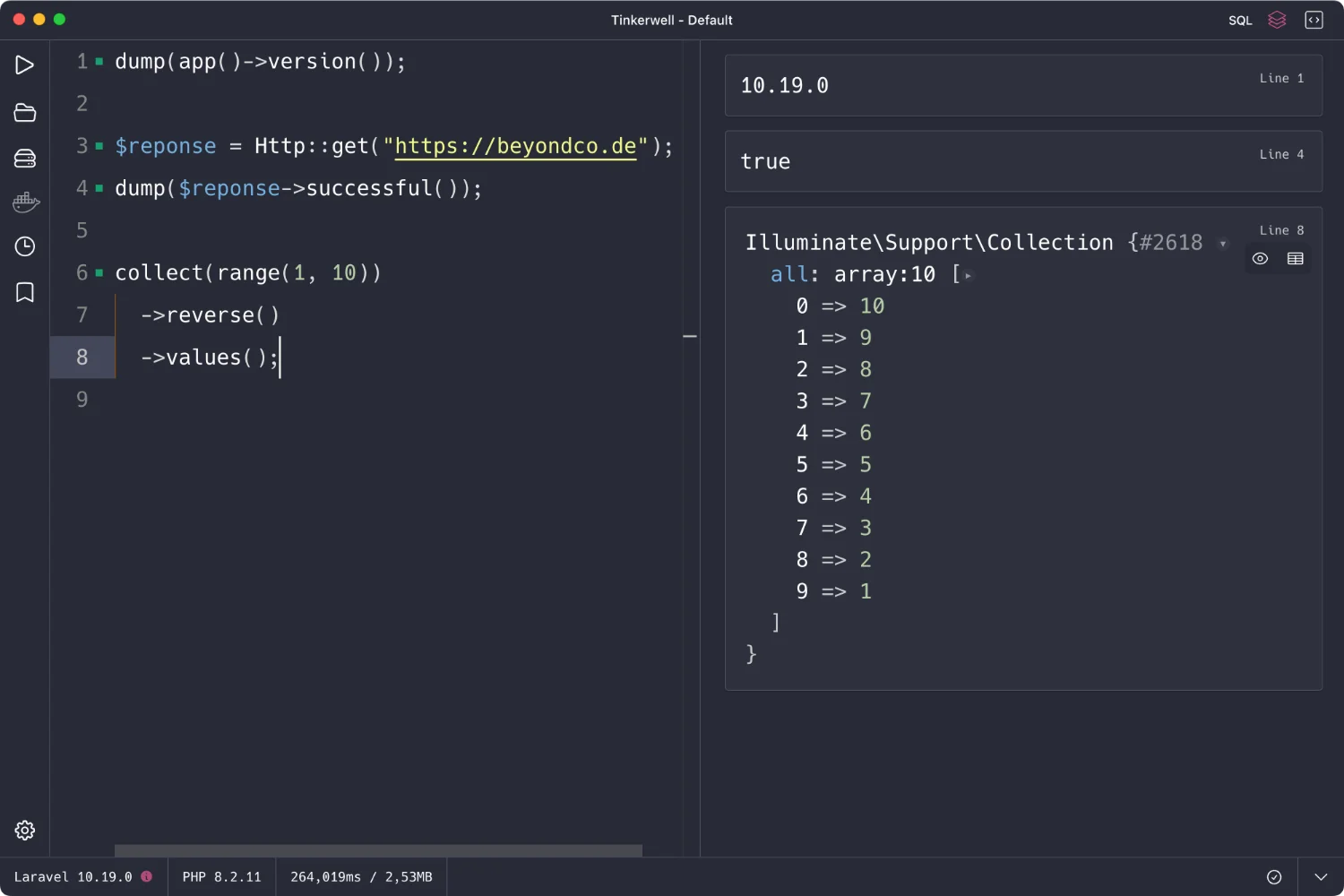
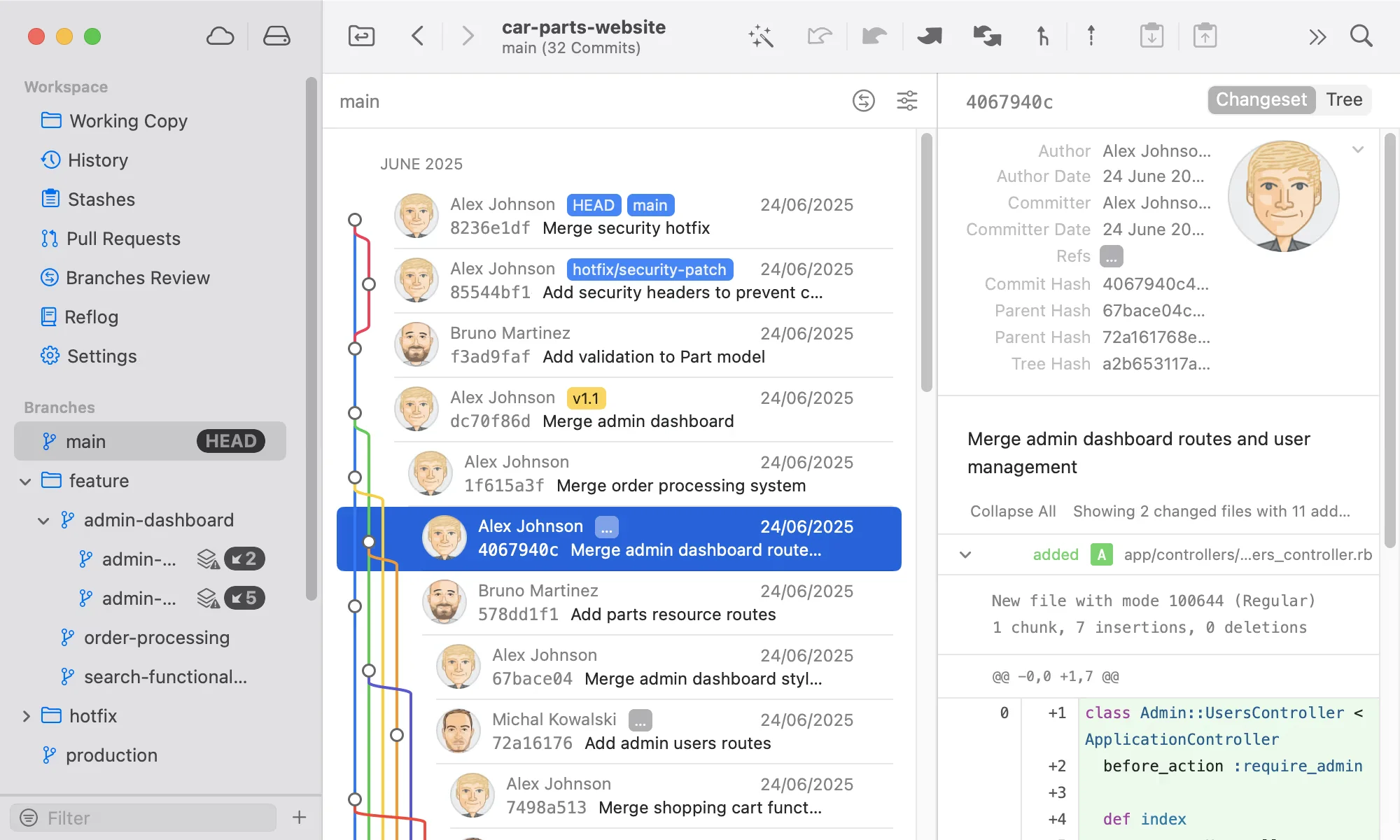
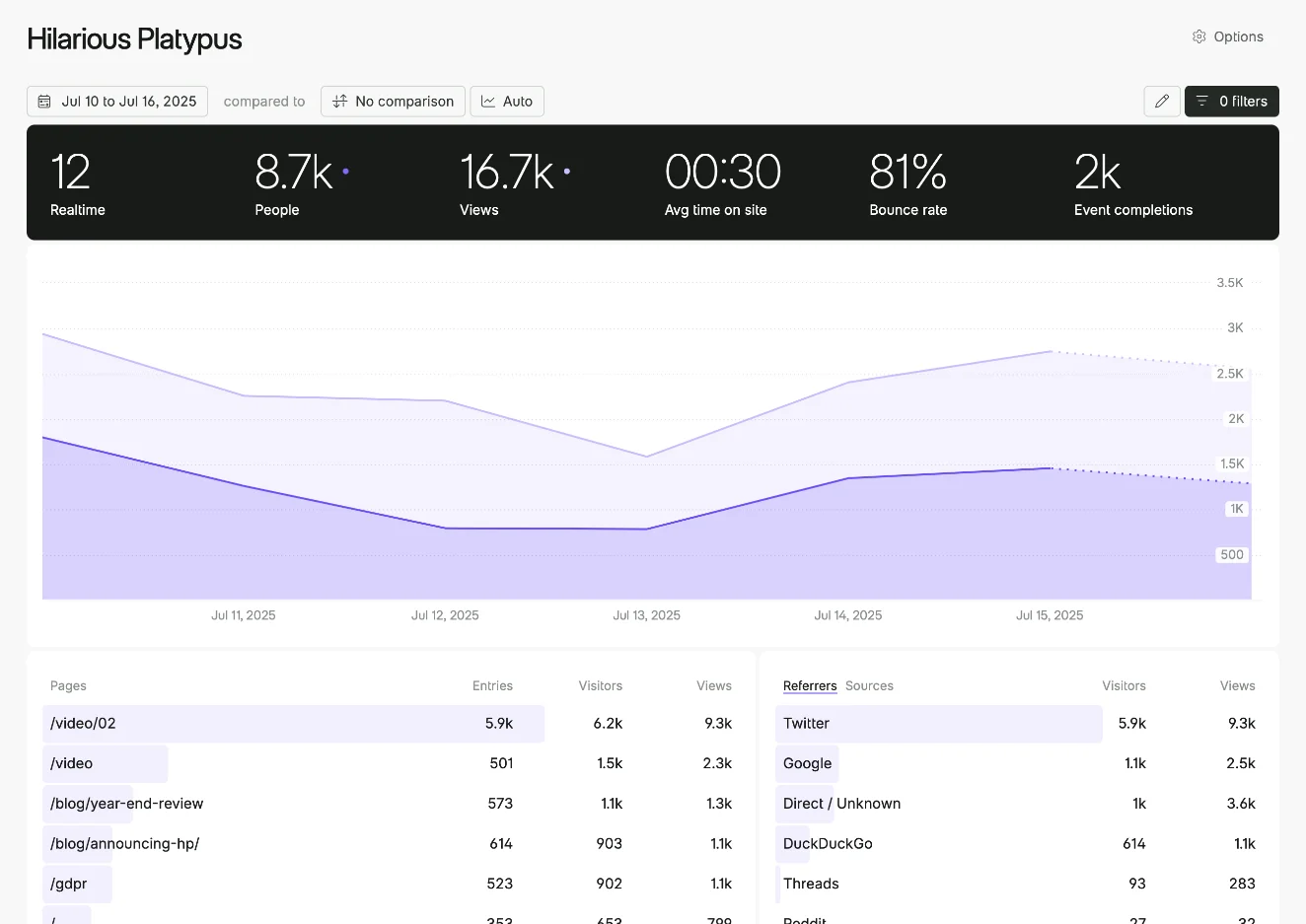


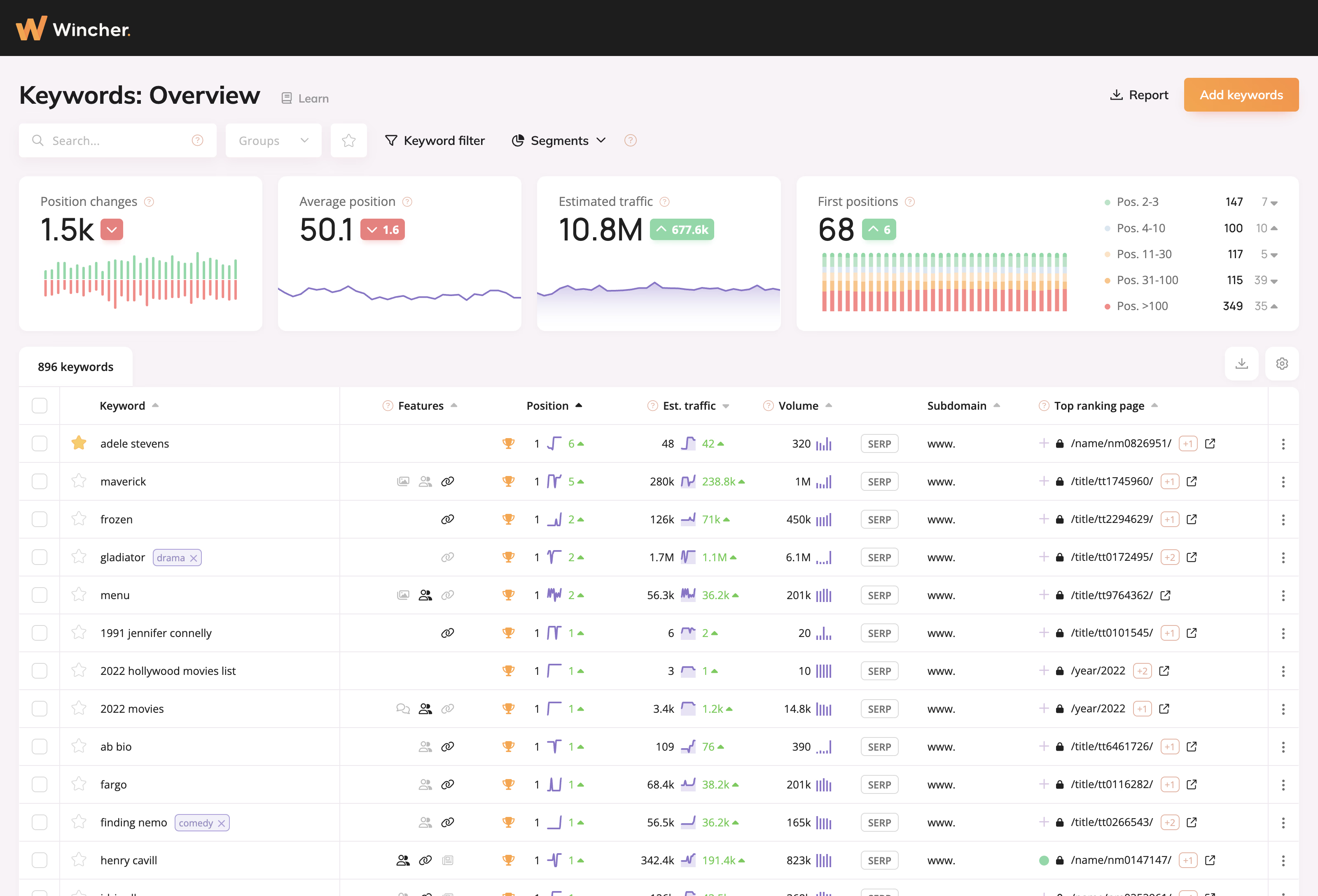
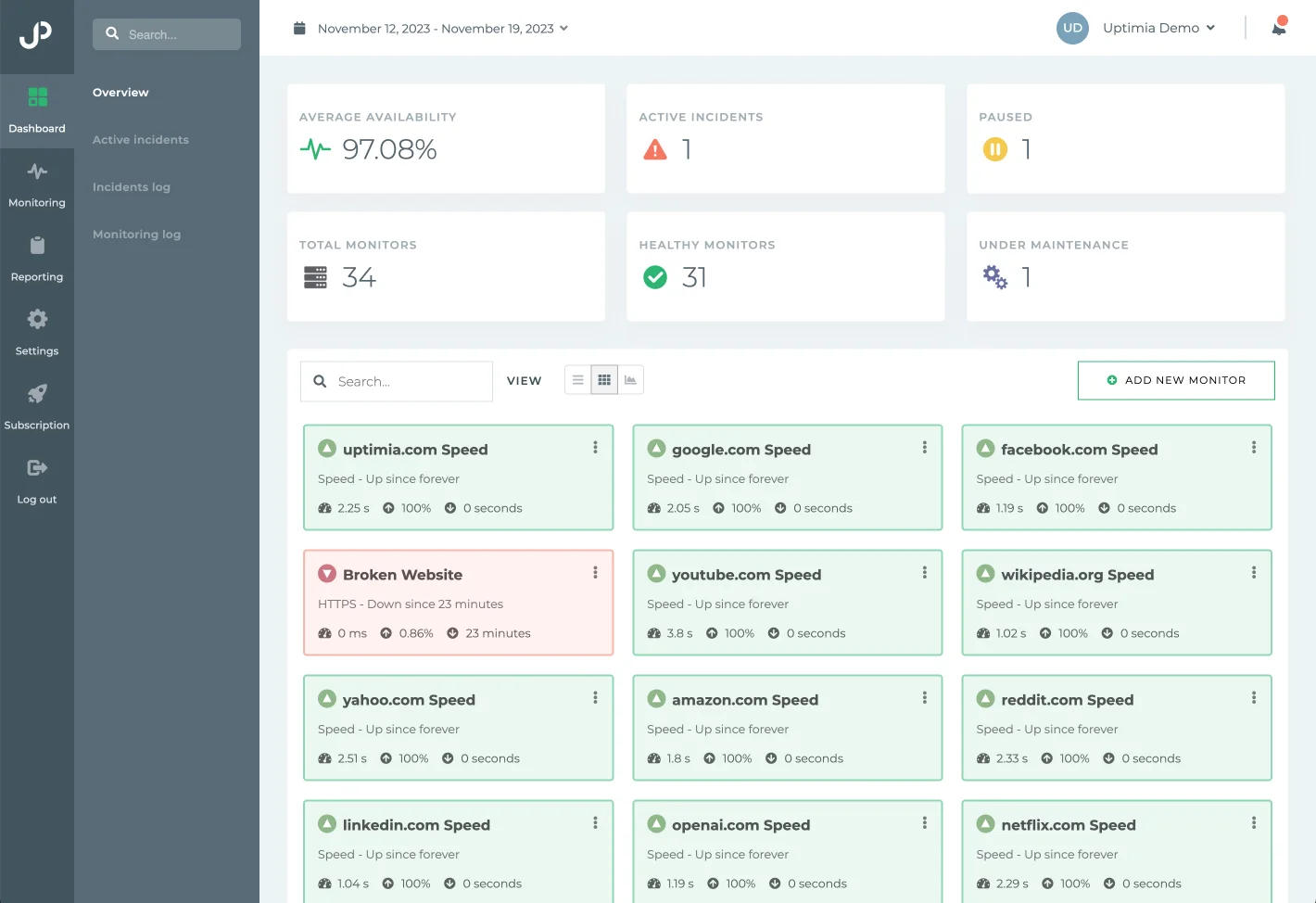
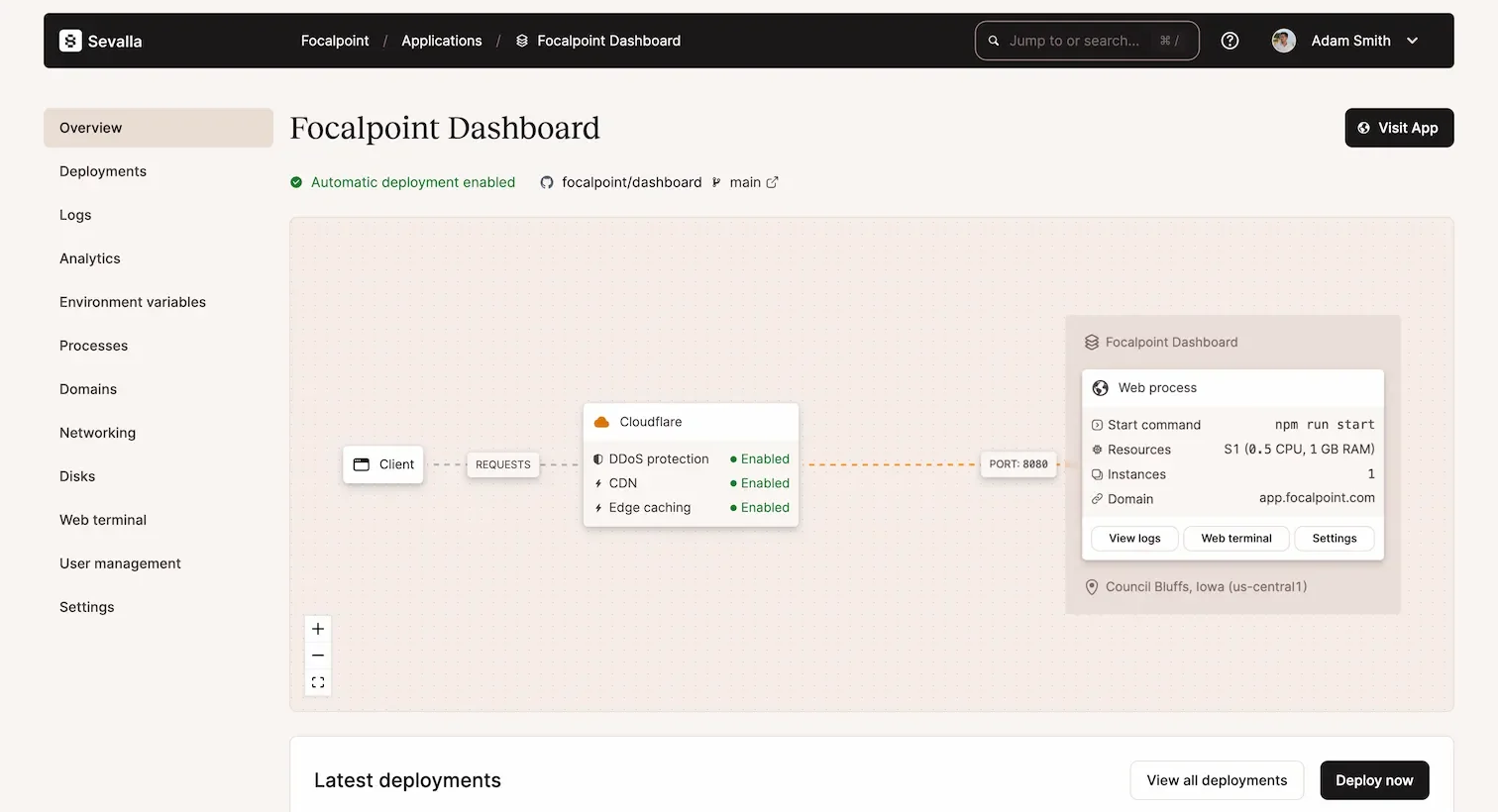
4 comments
Thanks for breaking it down so clearly, but I'm surprised you didn't cover the new property hooks RFC. That's a pretty big deal in this upcoming release!
This article wasn't updated as often as it should have unfortunately. Since I'm reviving the blog, it might!
Typo: array_kind_key in the section heading, array_find_key in the body.
Thanks, fixed it!